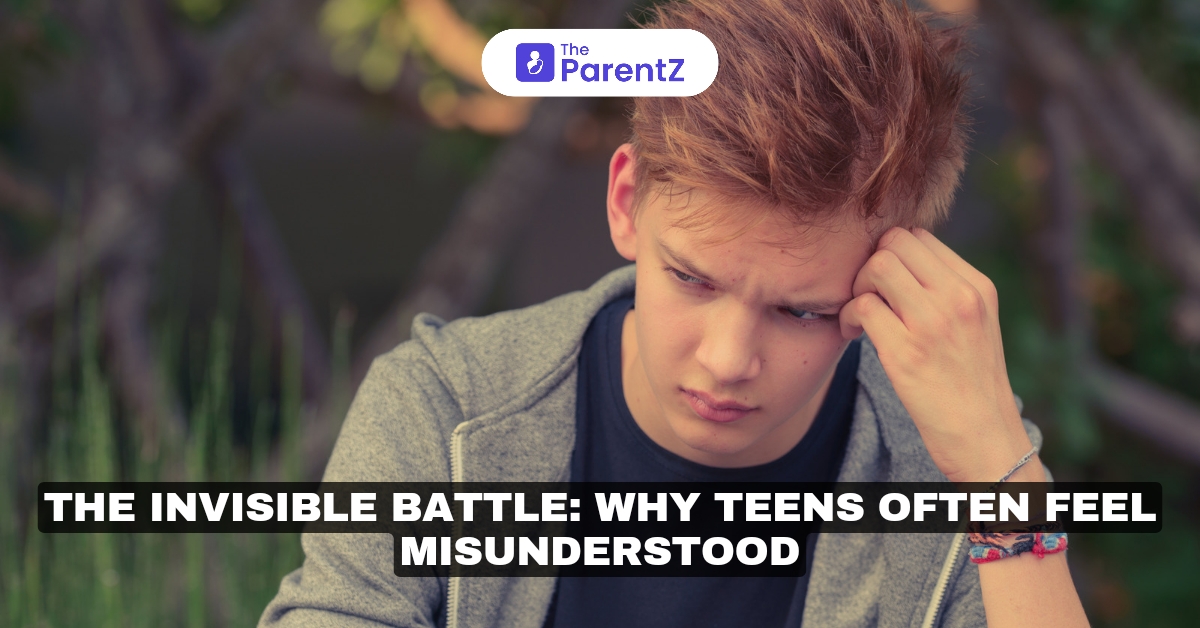Let us talk about teenage emotions. Teenagers often feel like they're living in a world of their own, a place where their parents and society just don't get it. It's like they're speaking a different language, one filled with slang, emojis, and inside jokes that adults can't understand. They're trying to figure out who they are, what they believe in, and what their place is in the world, but it feels like everyone's got an opinion, and they're all wrong.
Unfortunately, these complexities are frequently overlooked by parents and society, leading to a cycle of frustration and alienation for young people.
The Nature of Teenage Emotions
Teenagers experience intense emotions that can be difficult to articulate. Hormonal changes, social pressures, and the quest for self-identity create a perfect storm of feelings that may manifest as frustration, anger, or withdrawal. These emotional expressions can easily be misinterpreted by adults, who may label them as mere moodiness or rebellion. However, this perspective fails to recognize the deeper struggles teenagers face. Often, their outbursts are not just acts of defiance but cries for help and understanding.
For many teens, the inability to express their inner turmoil can lead to feelings of invisibility. They may feel that no one truly understands what they are going through, which can exacerbate their sense of isolation.
"It's like I'm screaming inside, but no one hears me." This sentiment highlights the invisible battle that many adolescents fight daily—an internal struggle that remains hidden beneath the surface.
The Role of Parents and Society
Parents play a crucial role in either alleviating or intensifying their child's feelings of misunderstanding. Often, well-intentioned adults may resort to criticism or dismissive comments when confronted with their teen's emotional struggles. This reaction can stem from a lack of understanding about the developmental changes occurring during adolescence. As teens seek independence, they may push boundaries that parents find difficult to accept. Instead of fostering open communication, this dynamic can lead to increased tension and resentment.
To bridge this gap, parents must strive to approach their teens with compassion and patience. Understanding that adolescents are in a phase where they are learning to navigate complex emotions is essential. Instead of reacting defensively to a teen's frustrations or complaints, parents should focus on listening actively and validating their feelings. Statements like "I understand this is hard for you" can go a long way in making teens feel seen and heard.
The Impact of Societal Expectations on Teenage Emotions
Society also plays a significant role in shaping how teenagers perceive themselves and their struggles. The pressure to conform to societal norms—whether related to academic performance, social interactions, or body image—can be overwhelming. Today's teens face unique challenges that previous generations did not encounter, such as the omnipresence of social media and its implications on self-worth. They often compare themselves to curated online personas, leading to feelings of inadequacy and anxiety.
Moreover, societal stigma surrounding mental health issues further complicates matters. Many teens hesitate to seek help due to fear of judgment or misunderstanding from peers and adults alike. This stigma creates an environment where vulnerability is seen as a weakness rather than a natural part of the human experience. Consequently, many adolescents suffer in silence, feeling trapped between their struggles and the fear of being misunderstood.
Conclusion
The invisible battle faced by teenagers often stems from a combination of intense emotions, societal pressures, and miscommunication with adults. Understanding these factors is crucial for fostering empathy and support for young people as they navigate this challenging stage of life. By creating an atmosphere where teens feel understood rather than judged, we can help them articulate their struggles more effectively and ultimately empower them on their journey toward self-discovery and emotional well-being.
In recognizing the complexities of teenage emotions, we take a significant step toward bridging the gap between generations—transforming misunderstandings into meaningful connections that validate the experiences of our youth.








Be the first one to comment on this story.